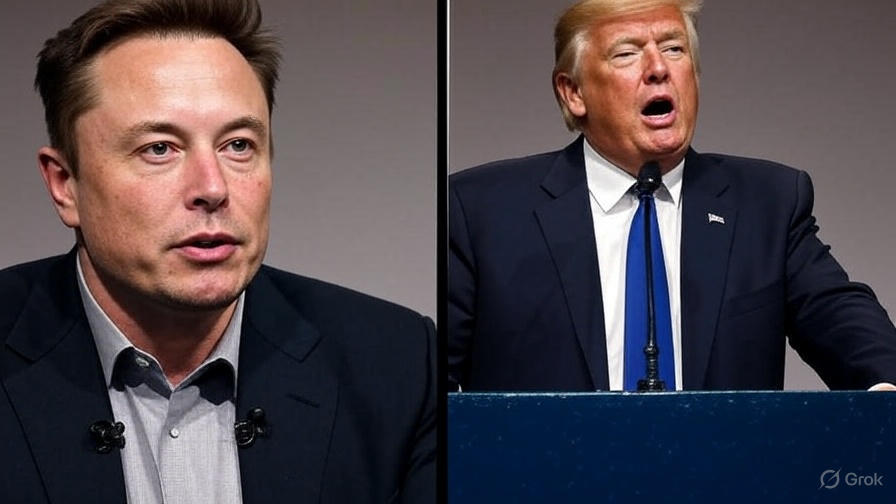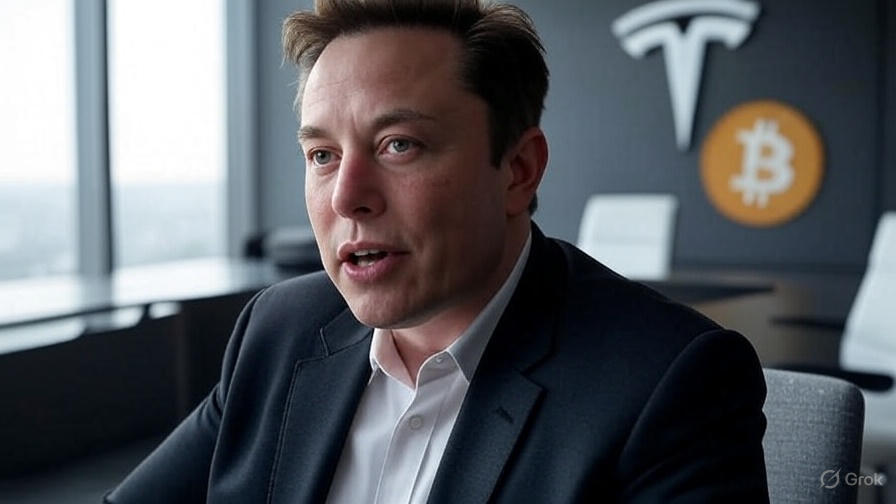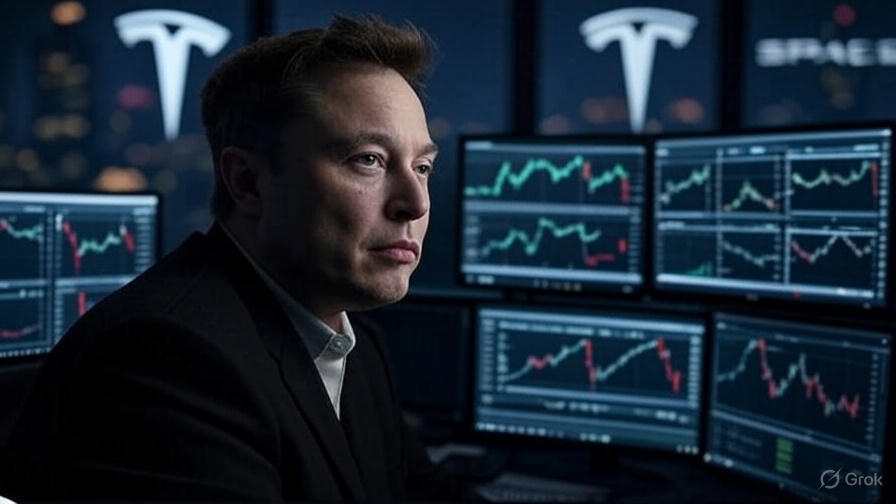In 2025, Elon Musk continues to dominate global headlines—not for launching rockets or electric cars this time, but for wading deeper into the world of politics. The billionaire entrepreneur, long known for his bold ideas and controversial takes, has reignited debate around the U.S. political system, government spending, and environmental policies.
From criticizing Trump’s recent fiscal decisions to calling for the formation of a new political party, Elon Musk is once again shaking the table—and not just in tech or finance, but at the core of American politics.
A New Political Vision?
“Neither Democrats nor Republicans work for the people anymore,” Musk tweeted. “Maybe it’s time to disrupt politics too.”
This comment triggered a storm of reactions from both supporters and critics, sparking debates on X (formerly Twitter), YouTube, and financial media platforms.

Clash with Trump: The EV Mandate Debate
One of the most contentious issues revolves around the EV mandate introduced in previous years. While Musk once seemed aligned with the move toward full electric transportation, tensions have grown between the Tesla CEO and former President Donald Trump.
According to Al Arabiya, Trump claimed Elon Musk is upset due to losing influence over the EV mandate policies—suggesting Musk’s criticism is more personal than political.
Musk, however, maintains that his issue isn’t with EV expansion itself (after all, Tesla leads that market) but rather with how the policy is being manipulated to favor certain players through lobbying and subsidies.

Beyond Tesla: Musk’s Broader Influence
Musk’s involvement in policy isn’t new, but it’s becoming more direct. While he’s always used his platform to voice opinions on AI, climate change, and space policy, 2025 marks a shift—Elon Musk is now shaping the political conversation, not just reacting to it.
On Binance Square, experts suggest Musk’s influence could impact cryptocurrency regulations, especially since his companies have begun integrating blockchain tech and alternative payment systems in recent years.

Musk’s Call for Reform: Just Noise or Real Movement?
Some analysts believe Musk’s talk of forming a political party is symbolic—meant to pressure lawmakers. Others argue he’s laying the groundwork for something serious. With nearly 200 million followers across his platforms and a loyal fan base that spans from Silicon Valley to Texas, his political weight can’t be dismissed.
This isn’t the first time Elon Musk has clashed with mainstream institutions. But unlike earlier years, he’s now channeling that discontent toward reshaping political norms.
Elon Musk’s Political Voice and Market Impact
Elon Musk’s political statements haven’t just stirred conversation—they’ve impacted markets. Following his tweets criticizing the U.S. budget, Tesla’s stock briefly dipped 1.7%, and several analysts issued cautionary notes. But it wasn’t just Tesla.
SpaceX, which heavily depends on government contracts (including NASA and U.S. defense agencies), saw mixed speculation about how Musk’s vocal stance might affect future deals. Yet, his supporters argue that Elon Musk is simply demanding better governance and transparency, not attacking institutions.
The billionaire has made it clear that reform—not chaos—is the goal.

Politicians Respond
Several politicians responded to Musk’s latest rhetoric. While some progressives surprisingly supported his call for political accountability, many in both major parties dismissed his idea of a new party as unrealistic.
Senator R. Tillman called Musk’s comments “irresponsible for someone with such market power,” while independent Senator Elena Cruz stated,
“Whether you like him or not, Elon Musk is raising the right questions. Why aren’t we listening?”
This divide highlights the growing space Musk occupies—not left or right, but a new, unpredictable center.
Social Media Reacts: #MuskMovement Trends
Almost immediately after his political tweets, hashtags like #MuskMovement, #DisruptDC, and #ElonForChange began trending globally.
Memes, YouTube reaction videos, and TikTok breakdowns flooded the internet. Many young voters said they felt Musk “understood” their frustrations with outdated systems, bloated bureaucracies, and closed-door politics.
For a man known for rockets and EVs, Elon Musk might have unintentionally become a political influencer too.
Could Elon Musk Actually Run?
This question has been asked before—and Musk has usually shrugged it off. But with the political climate of 2025, experts say a Musk-endorsed movement or candidate isn’t out of the question.
He may not need to run to make an impact. As with tech and space, his ability to influence outcomes is rooted in his reach, resources, and the trust of millions who believe in his version of the future.
Final Thoughts: What’s Next?
Whether you see him as a visionary or a disruptor, one thing is clear—Elon Musk is not staying silent. He’s reshaping not only the industries he touches but also how public discourse is shaped in an era of tech dominance and broken trust in institutions.
As 2026 elections loom closer, the Musk factor is no longer a side note. It’s a central theme.
Stay tuned — because the next chapter in the Elon Musk saga might just begin in Washington, D.C.